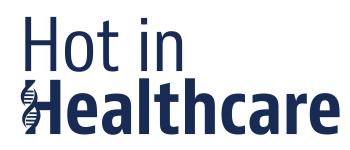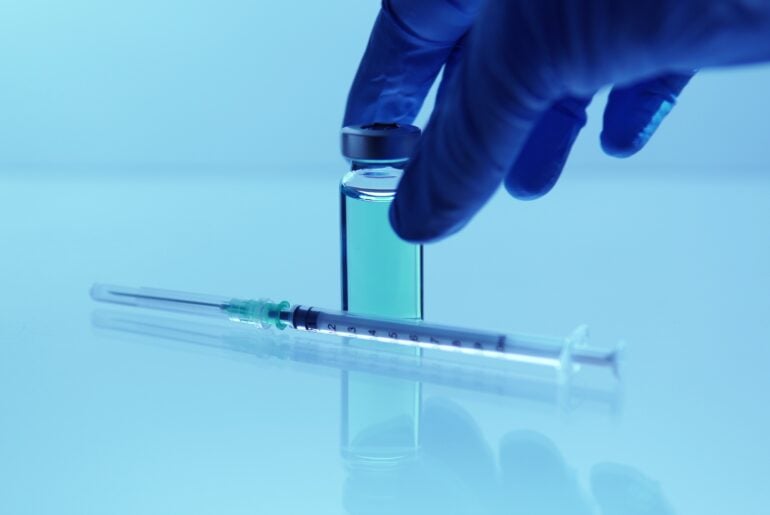After failing to pass in the previous Congress, a revised version of the “BIOSECURE Act” (“the Act”) was signed into law by President Trump on December 18, 2025, as Section 851 of the National Defense Authorization Act (“NDAA”) for Fiscal Year 2026 (P.L. 119-60). The new law will restrict US federal procurement and grants involving biotechnology products or services provided by “biotechnology companies of concern” (“BCC”). While amended and clarified in key areas, the Act…
Pharmaceutical companies are increasingly outsourcing complex manufacturing activities to contract development and manufacturing organizations, or CDMOs. This enables pharmaceutical companies to streamline their operations and redeploy capital toward research and development activities. At the same time, the CDMO industry is booming, with many analysts predicting continued rapid growth. CDMOs need more capacity, and they need it quickly. As a result of these trends, many pharmaceutical companies are engaging in an increasing number of transactions in…
Background On 16 December 2025, the European Commission published its long-awaited Proposal for a Biotech Act with an aim to “build a world-leading health biotech industry” and transform Europe into a “Biotech Powerhouse”. The Proposal recognises that the EU is losing ground to global competitors such as the US and China in developing innovative biological products and identifies insufficient funding, regulatory bottlenecks, and barriers to innovation as key obstacles limiting the EU’s ability to compete…
On 16 December 2025, the European Commission published its proposal to simplify the EU’s Medical Devices Regulation (Regulation (EU) 2017/745) (MDR) and In Vitro Diagnostics Regulation (Regulation (EU) 2017/746) (IVDR). The proposal aims to simplify EU rules for the MedTech industry, support digitalization of regulatory procedures, harmonize divergent practices via strengthened cooperation, and speed up access by introducing timelines to complete conformity assessments. Finally, the proposal also intends to provide clarity on the rules applicable…
In the early morning of 11 December 2025, the Council and European Parliament reached a political agreement on the overhaul of the general EU pharmaceutical legislation (the “Pharma Package”) consisting of a new Regulation replacing current Regulation (EC) No 726/2004, and a new Directive replacing current Directive 2001/83/EC. This is the first major reform in over 20 years, and it comes nearly three years after the Commission’s initial proposal was published in April 2023. The…
Tariffs and shifting trade dynamics continue to disrupt healthcare and life sciences supply chains. But in addition to affecting operational and commercial outlooks for business, they are also revealing new opportunities for innovators and investors. In the final article of the series, we explore five key questions:
As supply chains shift and vendor arrangements evolve in response to tariffs, life sciences companies must adapt to increasingly intricate and intertwined challenges across operational and commercial needs. Manufacturing relocation, technology adoption, and new vendor partnerships require careful oversight of labor, compliance, human rights, and union matters. Protecting IP and data is vital against brand, legal, and cyber risks. Early IP registration, strong contracts, audits, and compliance help manage regulations and reduce Anti-Money Laundering (AML)…

In brief On September 11, 2025, the U.S. Department of Health and Human Services (“HHS”) Office of Inspector General (“OIG”) released a favorable advisory opinion (“AO 25-10”), addressing a financial arrangement between a healthcare services company (the “Company”) and a non-profit, tax-exempt, charitable foundation (the “Foundation”), pursuant to which the Company helped establish and makes donations to the Foundation and the Foundation provides financial assistance to families of children receiving a particular type of behavioral…
Amid fluctuating tariffs and complex trade policies, healthcare and life sciences (HLS) companies face mounting operational and legal challenges within their global supply chains. Organizations are taking steps to retool their supply chains in response to threats against stability, but change introduces myriad knock-on implications. In the second article of the series, we explore four key questions for HLS businesses considering new supply chain strategies:
The healthcare and life sciences sector is facing new trade winds and a looming threat of increased tariffs. This places additional pressure on a typical life sciences supply chain timeline. We recently launched a four-part article series on supply chains, aimed at exploring the legal and operational complexities that healthcare and life sciences companies face as they navigate evolving global supply chain challenges. The first article explores the steps companies can take to ensure business…







